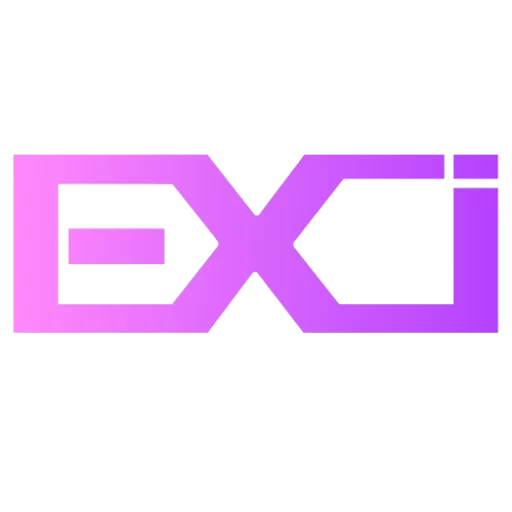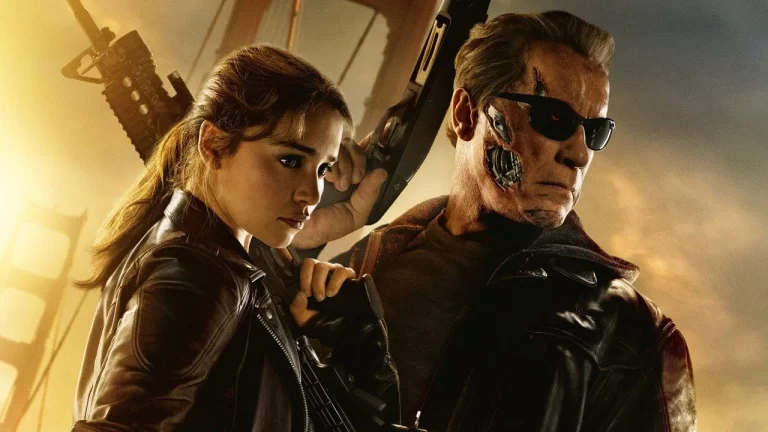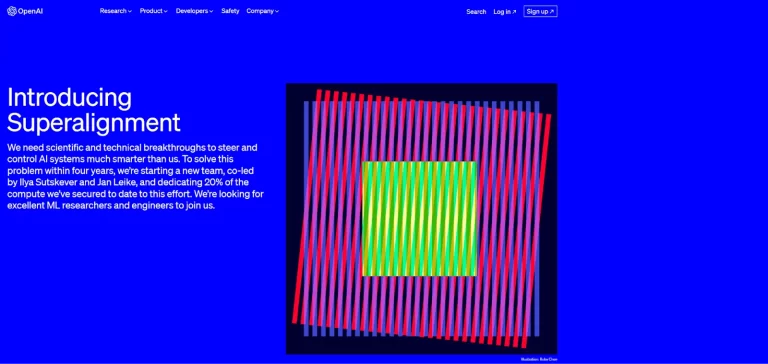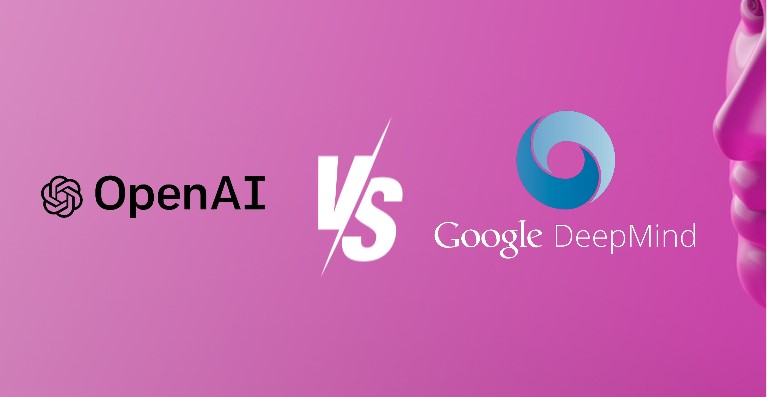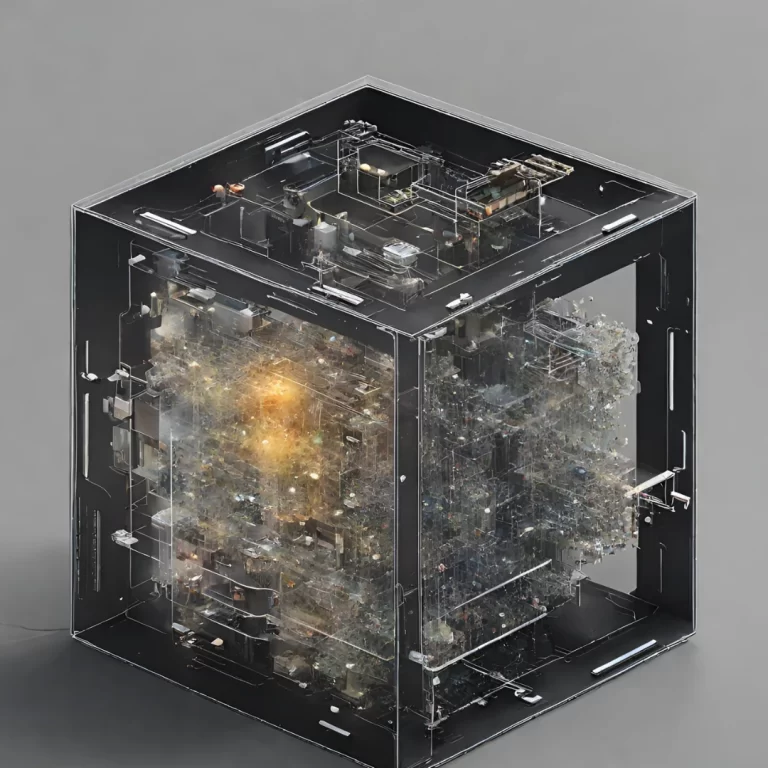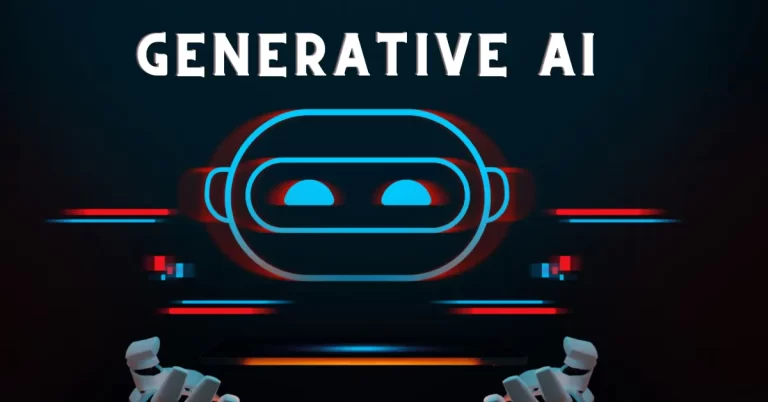Who Owns Artificial Intelligence (AI) Art? A Legal Dilemma
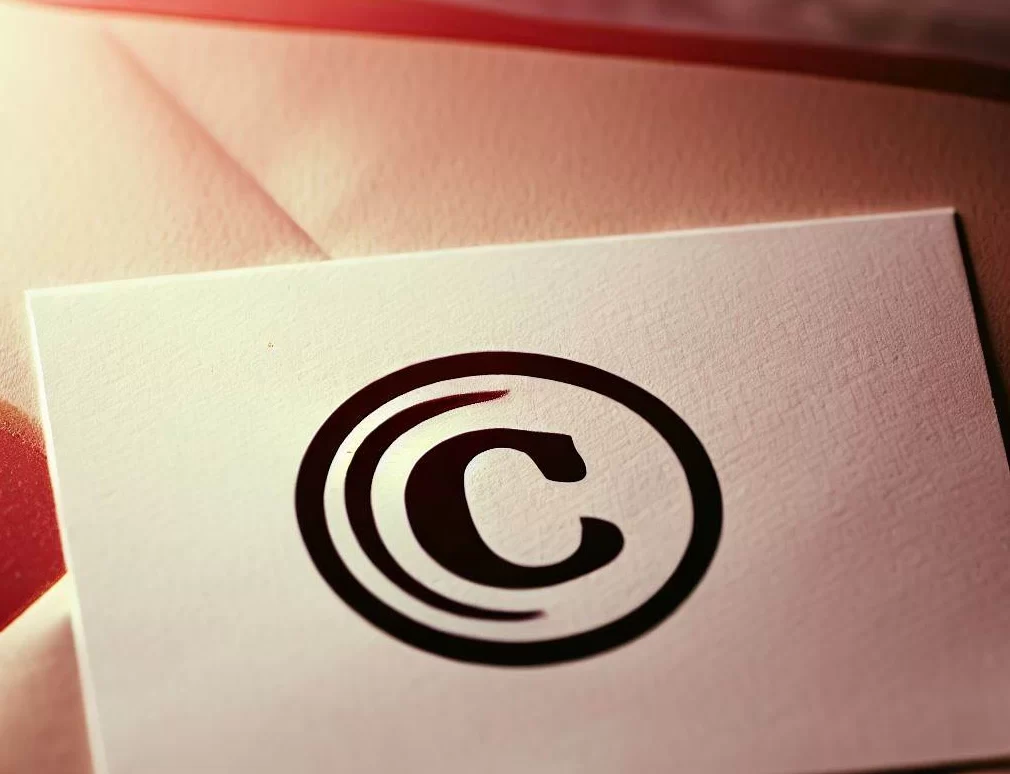
The Hollywood Reporter reported that United States District Court Judge Beryl A. Howell recently ruled that AI-generated artwork can’t be copyrighted as she was tackling the lawsuit against the US Copyright Office after it refused copyright to Stephen Thaler for an AI-generated image that he designed with a machine learning program.
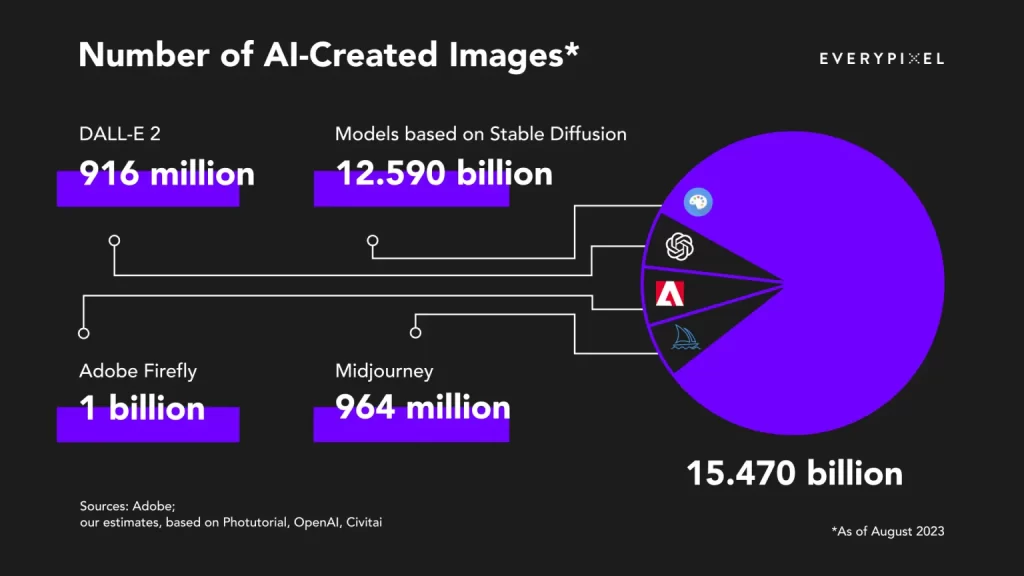
Text-to-image algorithms like Dalle. E, Midjounrey, and Adobe have generated more than 15 billion images collectively, which is the same number of images it took photographers to capture over 150 years, from 1826 to 1975.
This goes to show that AI-generated artwork is copyright-free and open for any commercial use…
But is it justified? How does the copyright-free movement shouldering AI justify the inspirations it has been stripped of? Let’s find out.
Artificial Intelligence (AI) Art: The Legal Issues Surrounding AI Art
Nazareth Pantaloni III, copyright program librarian at IU Libraries was asked about AI in the context of the arts, intellectual property, and copyright law.
He said, “AI raises profound questions about the nature of human creativity. But issues of artistic credit were already complicated before the advent of AI, involving such factors as stylistic innovation, inspiration or customary practices in different creative industries.”
AI art, or artificial intelligence art is a form of digital art or hyperrealistic images crafted using AI tools and includes visuals like images, audio, or audio.

The Museum of Modern Art in New York hosted an AI-generated display Created by pioneering artist Refik Anadol, from their own collection.
Similarly, the Mauritshuis in The Hague hung an AI variant of Vermeer’s “Girl with a Pearl Earring” while the original painting was on loan
While the masses have juggled between the copyright and commercial issues being tossed in the courtrooms, AI-generated art, despite being copyrighted free can blow complex and multifaceted problems:
1. Copyrightability
The non-copyrightability of AI-generated art is concerning as there are only laws to protect a human’s original work, but as we stumble AI, the creative process to determine the ownership becomes challenging and this raises questions about who owns the illustrations.
2. Fair Use
AI art generators perpetuate existing images and styles for references and it may infringe the copyright of the original artist.
There have been lawsuits filed by artists claiming copyright infringement against AI art vendors and this has happened.
On January 2023, a group of artists filed a lawsuit against DevianArt and two other companies claiming the companies have used their art to train the machine learning algorithm and created AI-generated images in the same style as theirs.
3. Patent Inventorship
AI-generated art has raised questions about who should be credited for the work, especially when the system is directly responsible for the creative genius and the user has used only a prompt.
A study published in 2020 claimed that the credit hierarchy goes from the artists to the curator, the technologist, and then the crowd.
On the contrary, OpenAI—the owners of DALL.E2 have stated the credits and rights to humans or the creators who have crafted the prompt originally as AI wouldn’t have been able to self-generate without external input.
4. Collaboration between Humans and AI
Okay so here’s where it gets more complex because it’s a collaborative art and the legal implications get twisted.
Take Adobe AI for example, it is a pure form of the HumansxAI duo, and determining the respective rights is bewildering.
5. Lack of Case Law
The legal landscape surrounding AI-generated art is still evolving, and there’s limited case law explicitly addressing these issues. This lack of legal precedent adds to the uncertainty and complexity of the legal implications.
According to copyright laws, the creator of the artwork currently gets the credit, which is in case the artwork has been created with the input of a human artist.
However, when it comes to purely AI-generated works, things become a bit more complicated.
AI art cannot be copyrighted. That means that under the current rules, AI-generated art has no owner.
The current Legal Framework for Copyright Protection Doesn’t Explicitly Cover AI Art…
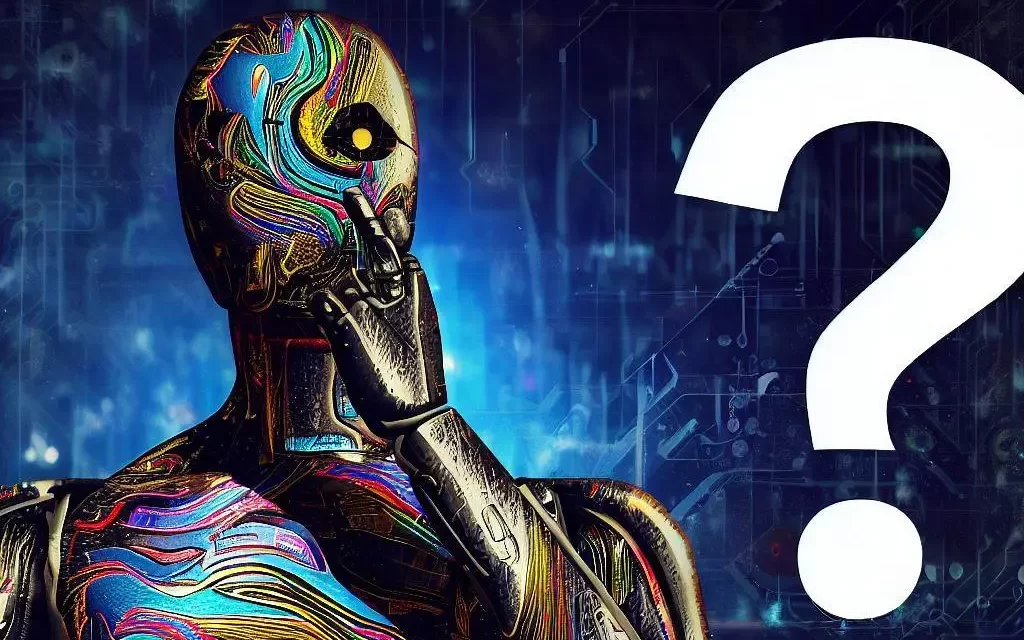
Arguments have lingered for quite some time, especially about AI-generated art belonging to either individuals or companies who have developed the actual algorithms.
They believe that AI is merely a tool or medium to create artwork and the real creative work lies in designing the algorithm, so some people want the credits directed to the algorithm creator.
In 2018, when an AI-generated art piece was sold in an auction for $350,000 and allegedly those illustrations were ‘valuable’ then who owned them?
It boils down to another argument where people believe that the ownership of AI-generated art entirely belongs to the user who wrote the input, and this is also supported by several generative AI art tool makers.
In 2019, artist Mario Klingeman collaborated with the auction house Sotheby by creating an AI-generated artwork titled “Memories of Passerby”.
The art was created via a machine learning program that was trained on a dataset of historical portraits.
Sotheby’s commissioned Klingemann for the artwork as part of their auction catalog and sold it providing claimed ownership of the work to the commissioning party or entity responsible for the creation, in this case, Klingeman.
Conclusion
The copyright law in the United States doesn’t grant any copyright protection to AI-generated art as it requires human authorship and the legislation considers it an extension of the creator’s tool rather than an independent creator.
This can better be understood by drawing a parallel comparison with cameras which are operated by humans who adjust the aperture and ISO before capturing the image and the camera is never credited for being the co-author of the photo similar to how a user places in prompts for any AI tool to generate artwork.
The AI itself can’t claim the copyright as this contradicts Section 306 of The Copyright Act, which safeguards “original works of authorship” and says “The U.S. Copyright Office will register an original work of authorship, provided that the work was created by a human being.”
The specific section referred to, 17 U.S.C. § 102(a), enumerates the categories of works that can be eligible for copyright protection and doesn’t take responsibility for a non-human creation including NFTs.
